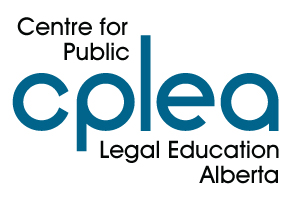If, by some misfortune, you become incapable of managing your affairs, someone else must take on that responsibility. You can prepare for that possibility in advance by making legal documents (Personal Directive and Power of Attorney) that assign someone to handle these decisions. If you have not made these documents, someone will have to be assigned by the court to manage your affairs.
In Alberta, the Adult Guardianship and Trusteeship Act (AGTA) describes the process for doing this. In addition, if you are losing some decision-making ability, but are not completely incapable, this Act describes some other options for assistance with decisions.
The resources on this page were hand-picked by the Centre for Public Legal Education Alberta's staff as a good place to start.
Centre for Public Legal Education Alberta resource:
For further resources on this topic and related documents, see the following legal topics: Guardianship and trusteeship, and Wills and estates








Follow CPLEA